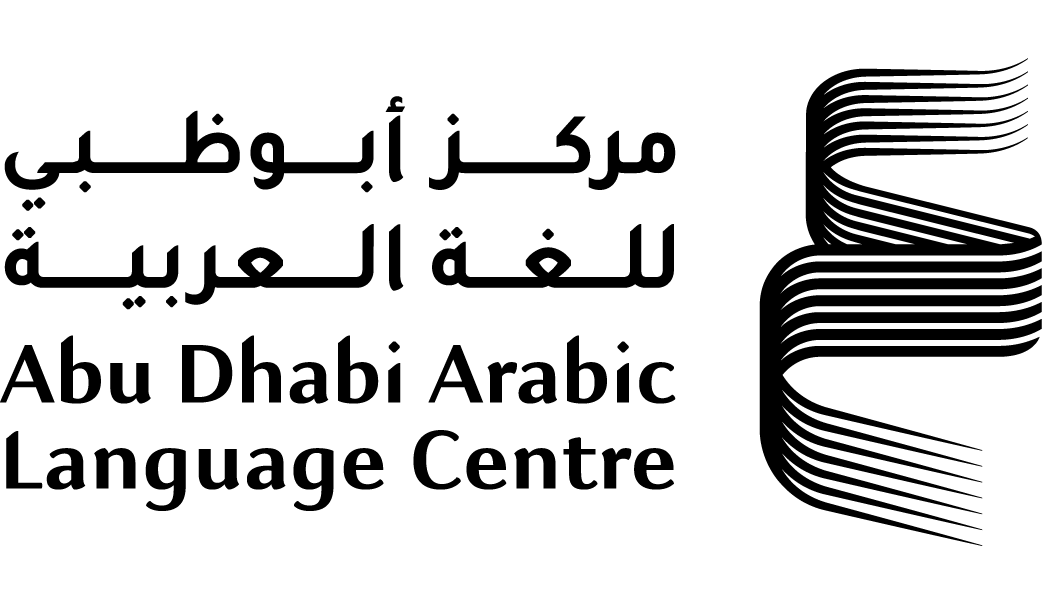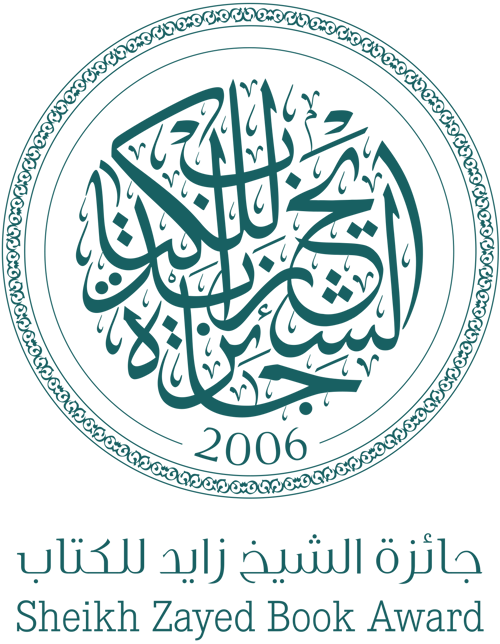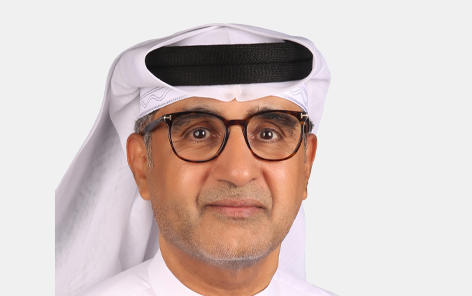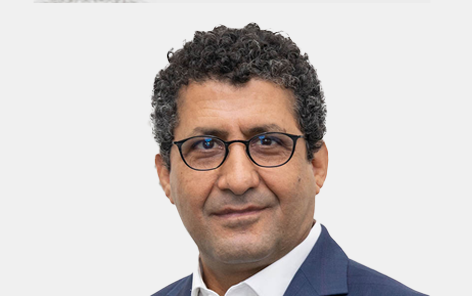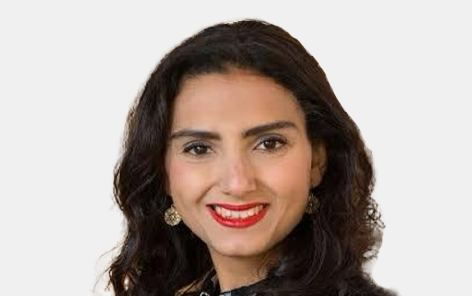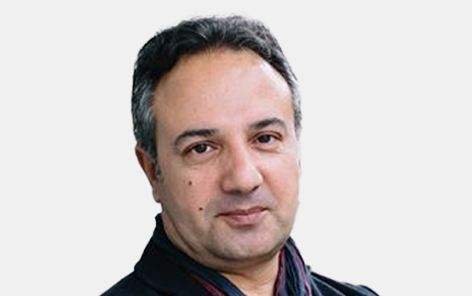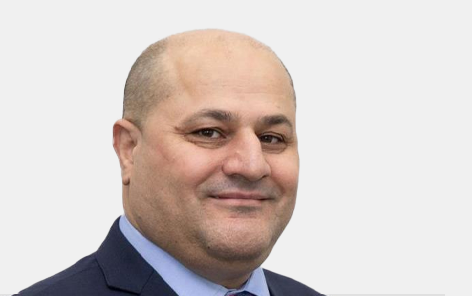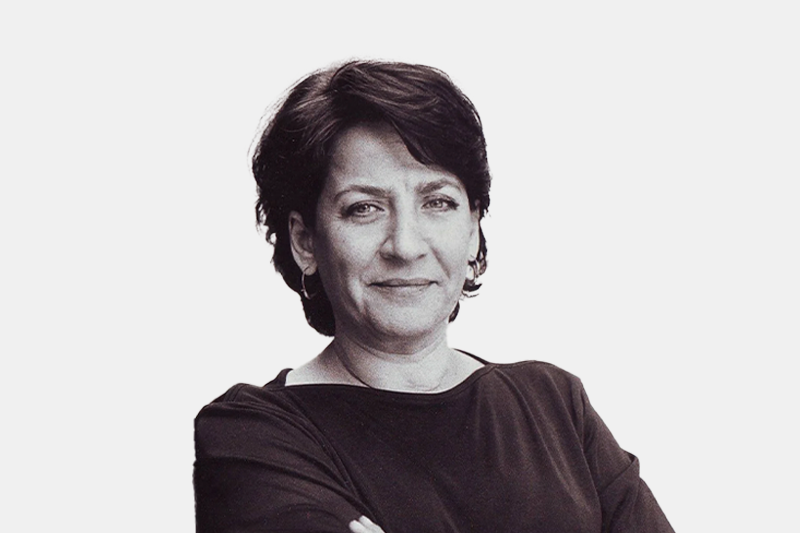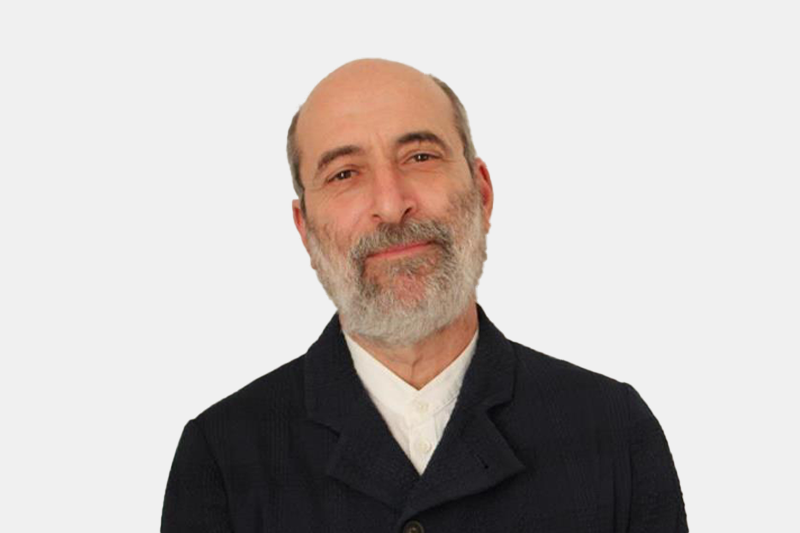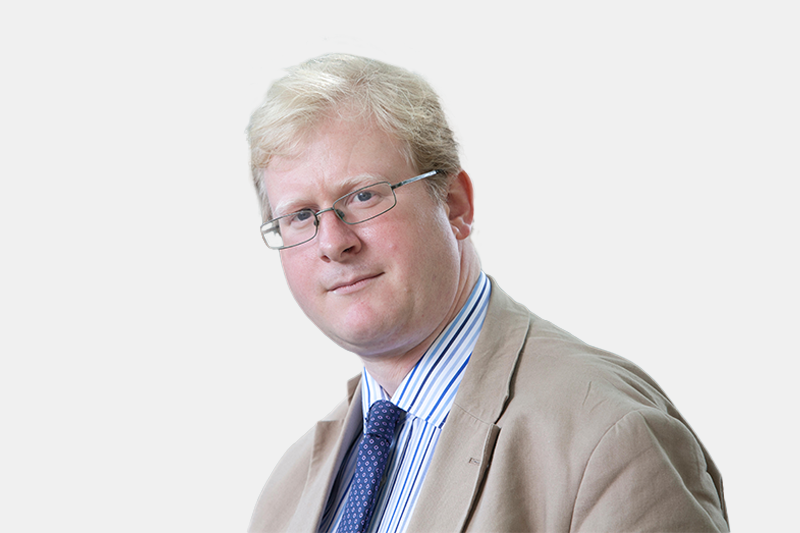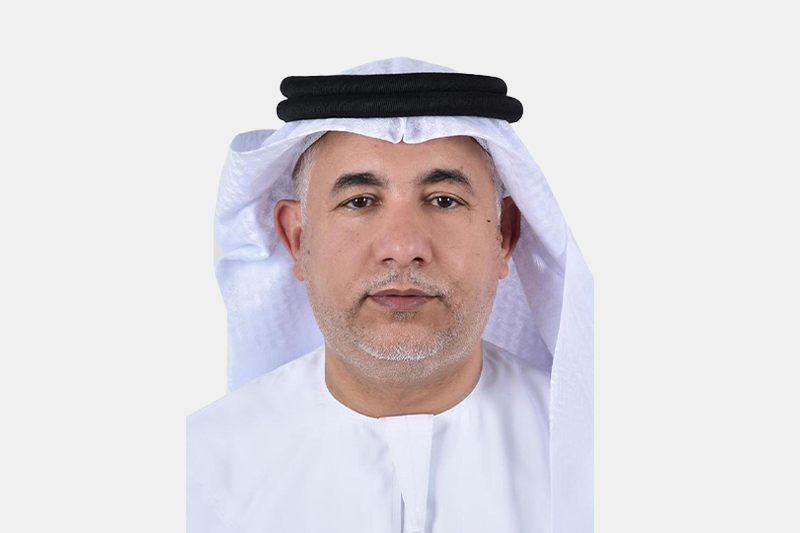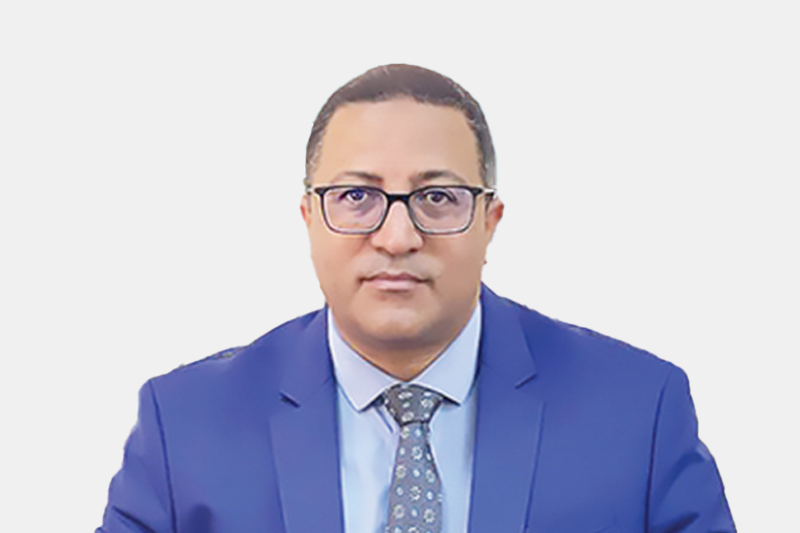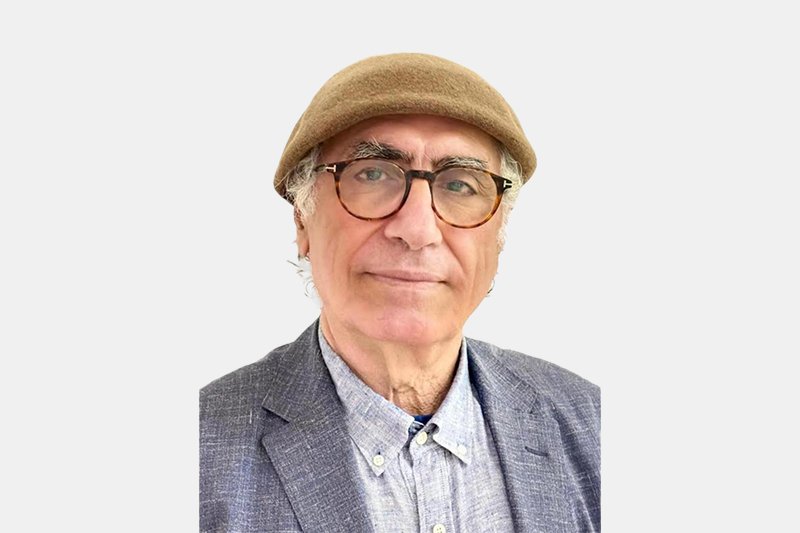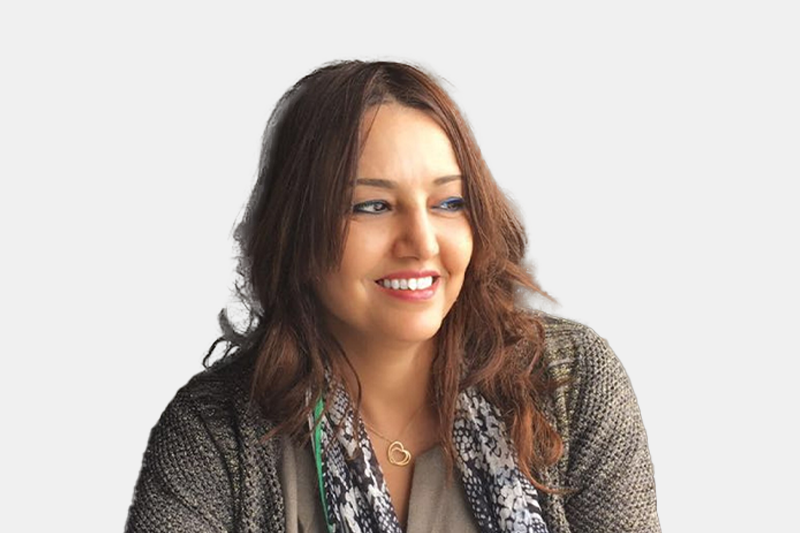Currently, Dr. Moneera Al-Ghadeer holds the UNESCO Chair in Translating Cultures at King Faisal Center for Research and Islamic Studies. Dr. Al-Ghadeer has held academic positions at prestigious American universities, including, the Arcapita Visiting Professor of comparative literature in the Department of Middle Eastern, South Asian, and African Studies at Columbia University and was a Shawwaf Visiting Professor at Harvard University. She was a tenured Professor at the University of Wisconsin-Madison and has received several fellowships and awards along with a postdoctoral fellowship from Emory University. Dr. Al-Ghadeer received her Ph.D. in comparative literature from the University of California, Berkeley. Her work focuses on Arabic, African-American, and Francophone literature, philosophy, oral tradition, and translation studies.
Her book, Desert Voices: Bedouin Women’s Poetry in Saudi Arabia (I.B. Tauris/American University of Cairo Press, 2009), is the first English translation and theoretical analysis of Bedouin women’s oral poetry from Saudi Arabia. She has had articles, book chapters, and translations published by Oxford University Press, Cambridge University Press, Columbia University Press, Bloomsbury Publishing, and Two Lines Press in addition to having her work published in journals such as the Journal of Arabic Literature, Michigan Quarterly Review, asymptote, and Arablit, among others. Recently, she completed the translation of five poetry collections by Badr Bin Abdulmohsin and her anthology, Translating the World: Contemporary Poems from Saudi Arabia is forthcoming.
![alc-default-cursor]()
